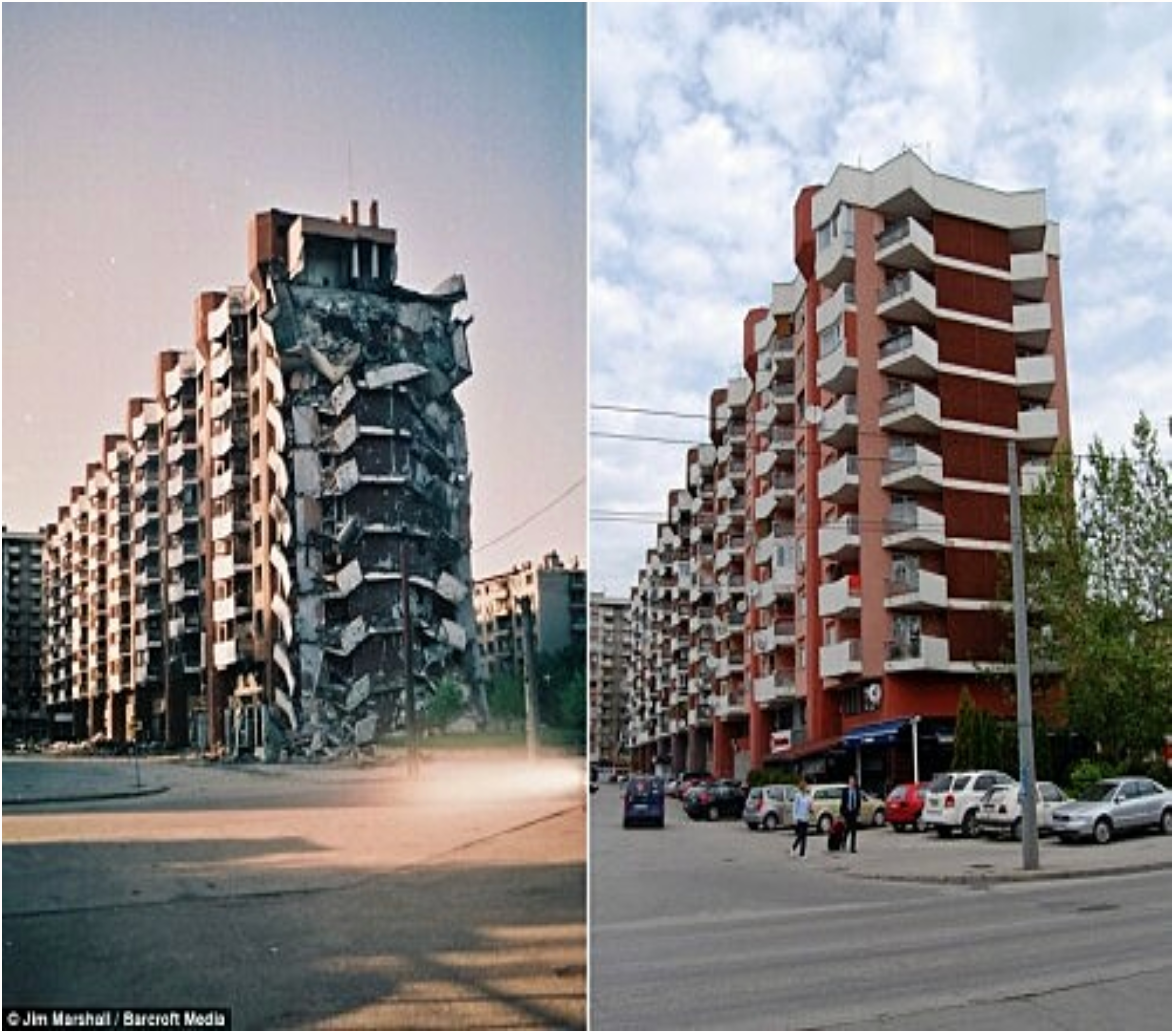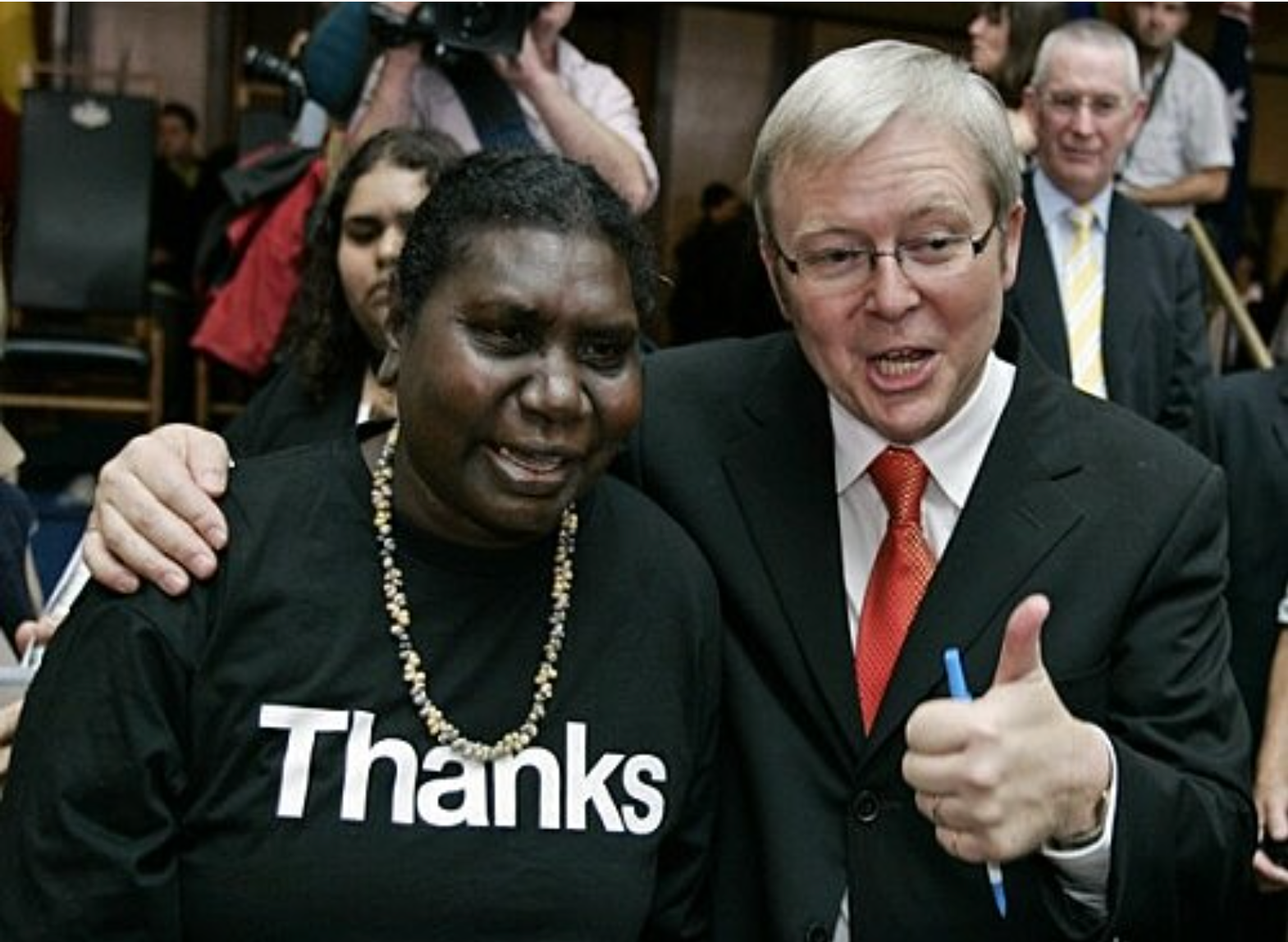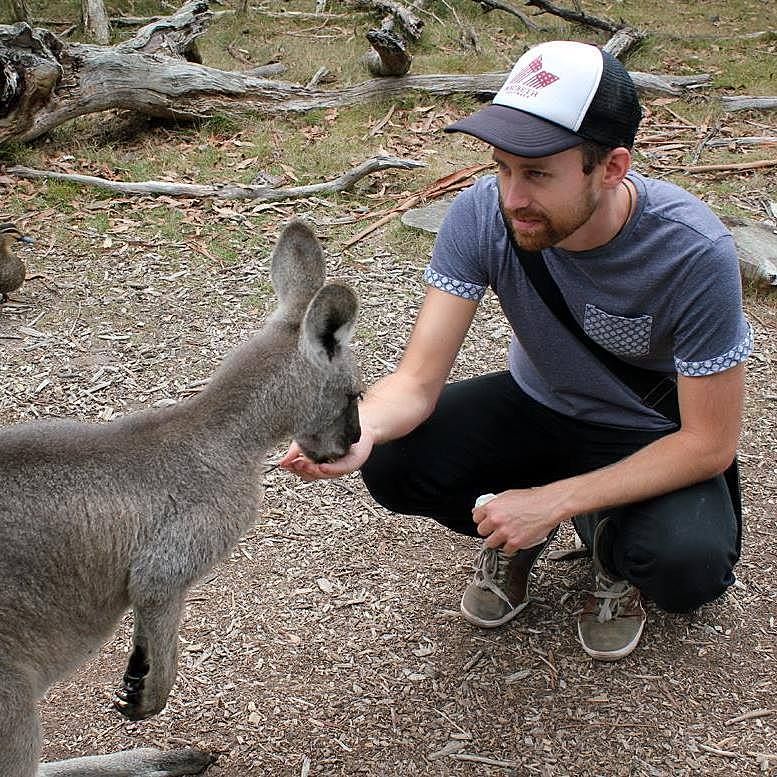Truth and Reconciliation
How does a nation go about 'replacing myth with fact, and lies with truth'? The lessons learned out of the Balkan bloodbaths of the 1990s remain applicable today, to us, though whether we heed them remains an open question.
Back in the heady days of the mid-90s, before Spice World but after Silence of the Lambs, there were the Croatian and Bosnian wars. Neighbour turned against neighbour in what to outsiders seemed like the senseless self-immolation of a civil society. In the aftermath, for the first time since the Nuremberg and Tokyo Trials that followed WWII, a war crimes tribunal was established. Lawyers and judges were loaned in from around the Western world, and the tricky process (to use a gross understatement) of blame assignation and justice determination began.
I didn’t realise what a mammoth, almost inconceivable undertaking this was until I read a fascinating piece by Michael Ignatieff, writing for the Index on Censorship. Ignatieff was leader of the Canadian opposition up until last year - but more than a politician, he’s a public academic, with a CV including positions at Cambridge, Oxford and Harvard. Writing as the tribunal got underway in 1996, he describes the problems endemic to regional conflict:
“For what seems apparent in former Yugoslavia, in Rwanda and in South Africa is that the past continues to torment because it is not past. These places are not living in a serial order of time, but in a simultaneous one, in which the past and present are a continuous, agglutinated mass of fantasies, distortions, myths and lies. Reporters in the Balkan wars often reported that when they were told atrocity stories they were occasionally uncertain whether these stories had occurred yesterday or in 1941 or in 1841 or in 1441. For the tellers of these stories, yesterday and today were the same. The crimes of the past live on in the present, crying out for retribution.”
It’s compelling, and reads more like the sincere frustrations of an eloquent man than dry academic argot. If you’ve got 10 or 15 minutes spare, read it here.
What struck me is what when Ignatieff talks about national reconciliation, he needn’t be referring necessarily to a genocide or war crimes, but really any issue of cultural significance with entrenched, divergent viewpoints. Kevin Rudd’s decision in 2008 to finally apologise on behalf of the Australian government for generations of stolen Aboriginal children was a momentous shift in policy for the famously callous Australian legislature. It may not have been a healing exactly, but to quote Ignatieff, it helped create a “public climate in which a thousand acts of private repentance and apology became possible.” The Clark government a few months later apologised to Kiwi Vietnam veterans for the shameful treatment they received upon returning home after the war, and included a $30 million package for living veterans and the spouses of deceased ones.
This contrasts with John Key’s recent handling of the issues surrounding Maori water rights – specifically, his decision to potentially ignore the findings of the Waitangi Tribunal, a decision that should rightfully been seen as a slap in the face to ongoing Maori/Pakeha settlement efforts. While it would be naïve to think Key’s posturing is anything but a dog whistle to core National voters, it still wasn’t handled very gracefully. If our own small version of a truth and reconciliation tribunal is so readily bypassed by our leaders, where does that leave us as citizens, trying to live side by side despite sometimes radically different interpretations of a shared history?
Writing during the trials in 1996, Ignatieff can have no knowledge of the Kosovo war that was to come – but from his writing, you get the impression he wouldn’t have been entirely surprised by it. I sometimes wonder if given a certain level of prescience our own politicians would change their policies a little – ameliorate their most inflammatory edges, and search for compromise more often. Or, caught up in ceaseless cycles of exclusionary rhetoric, would they go on making the same decisions, the same mistakes, again and again?



